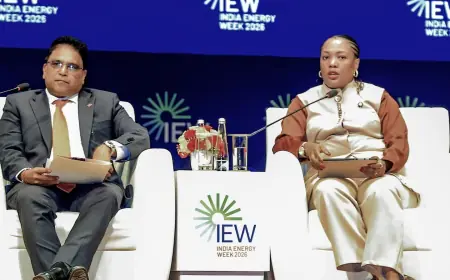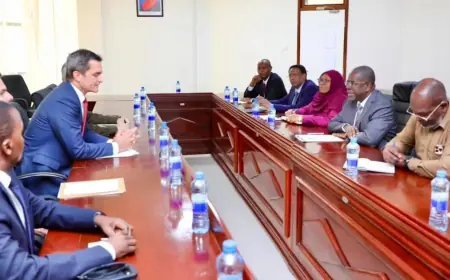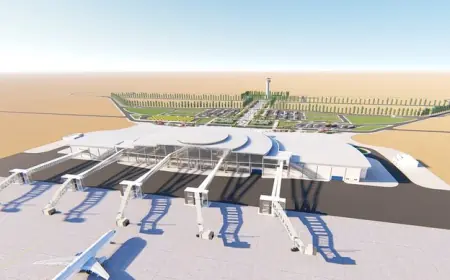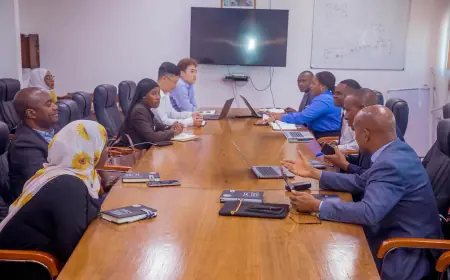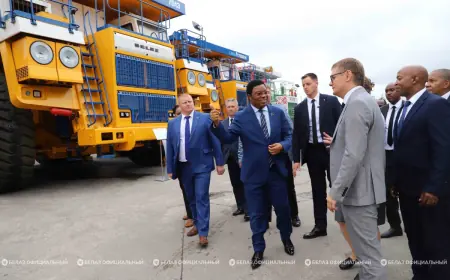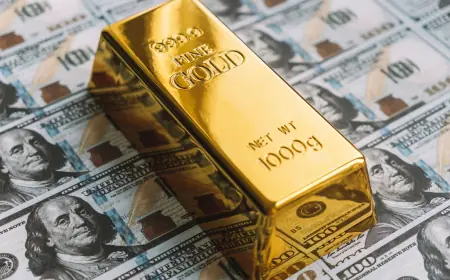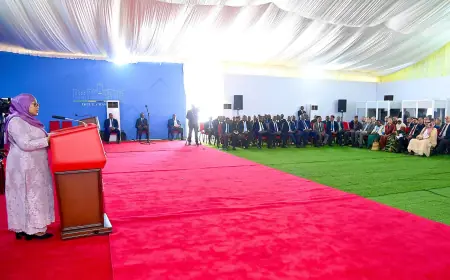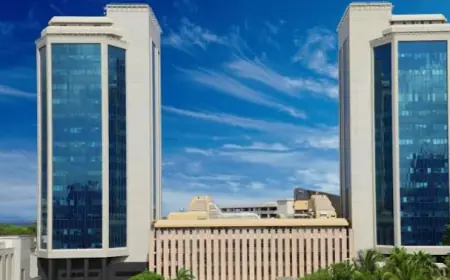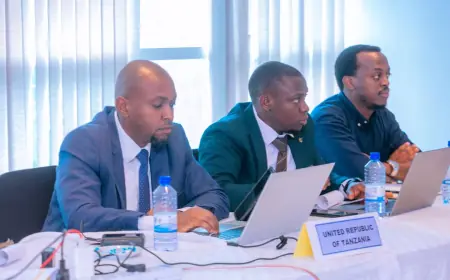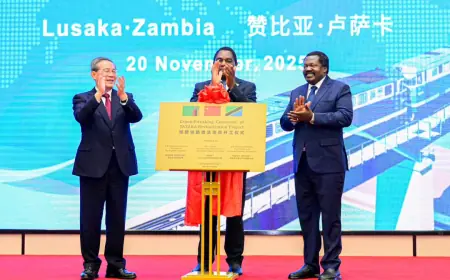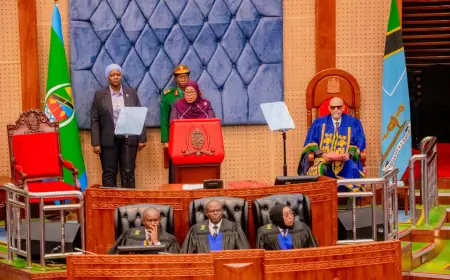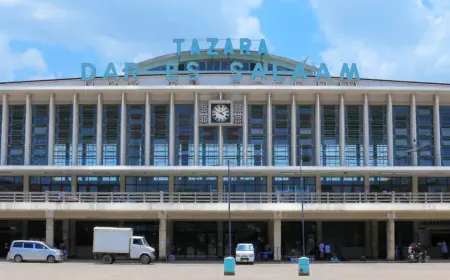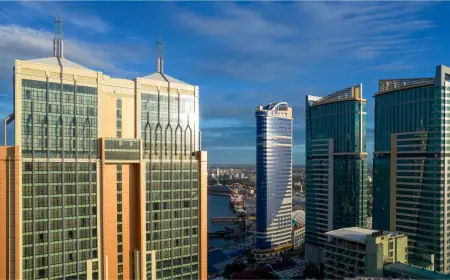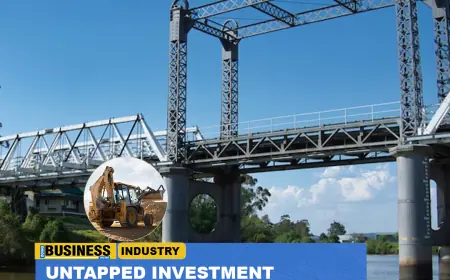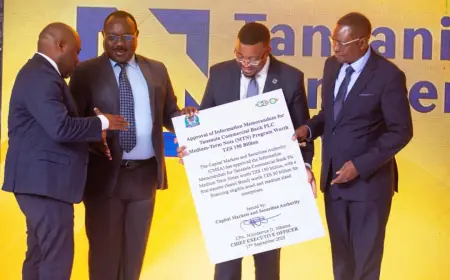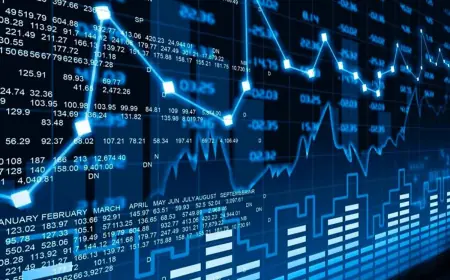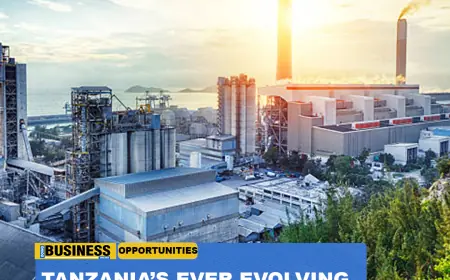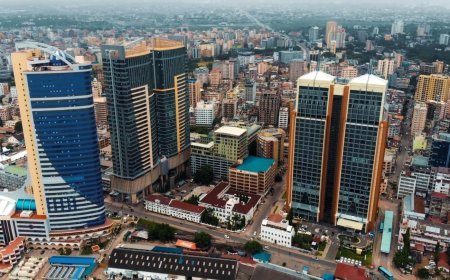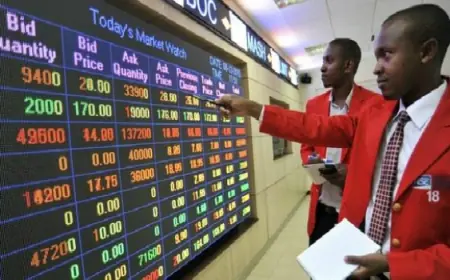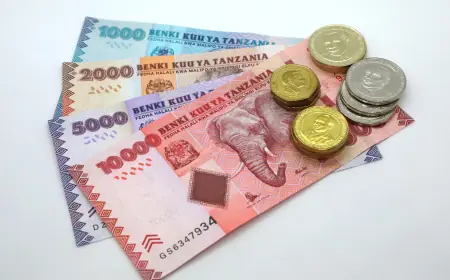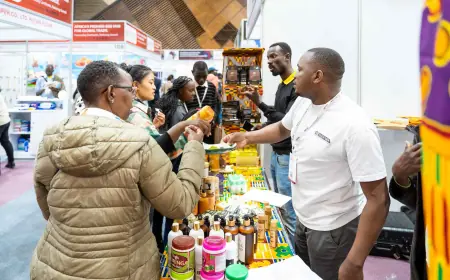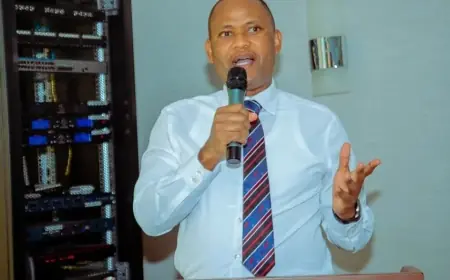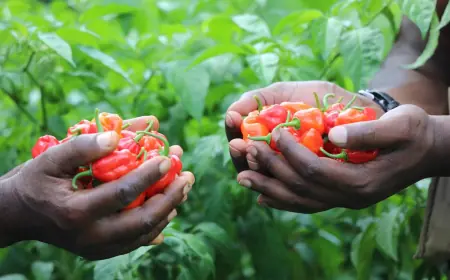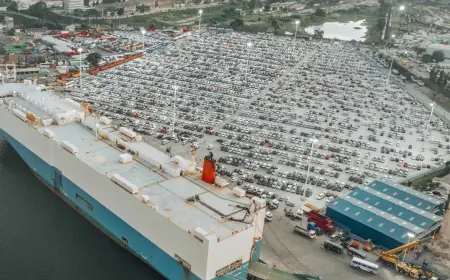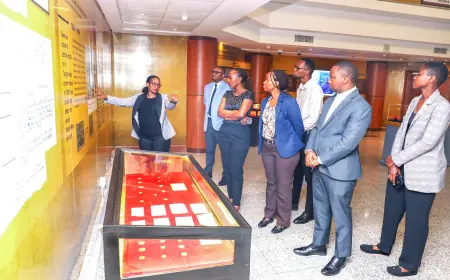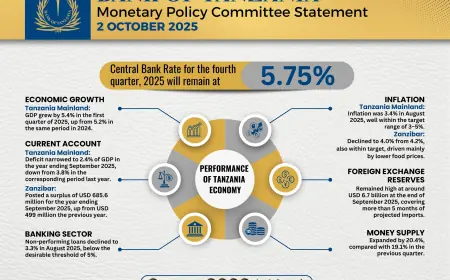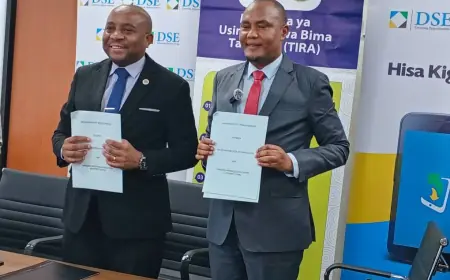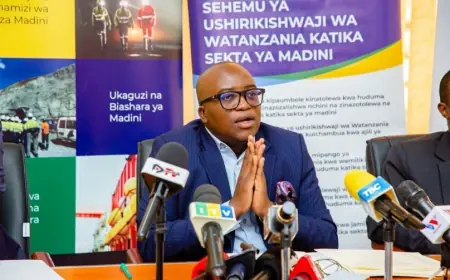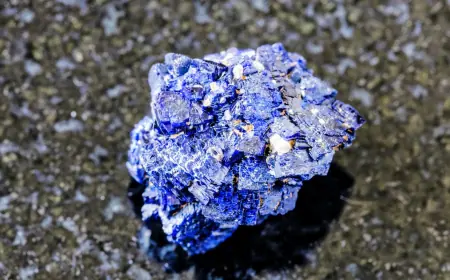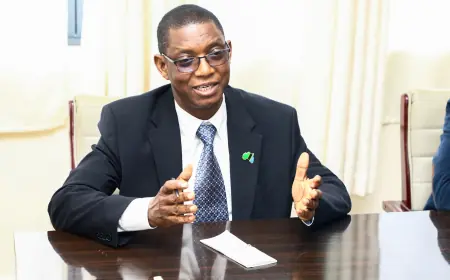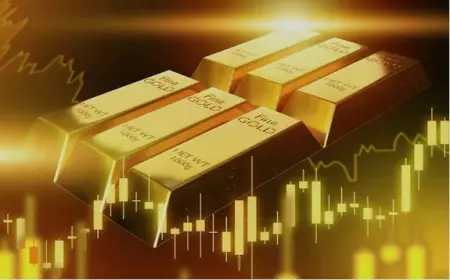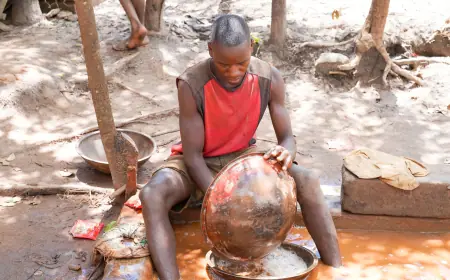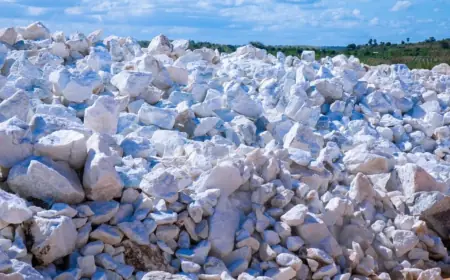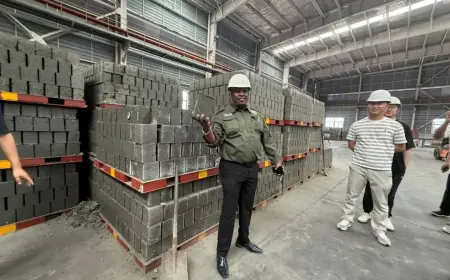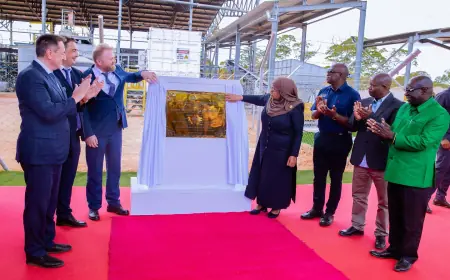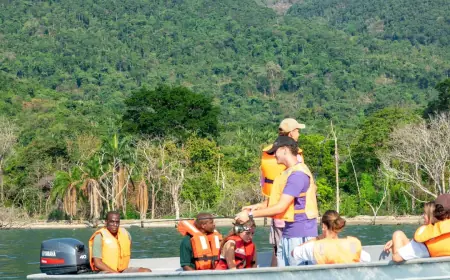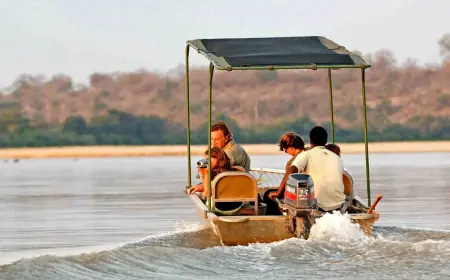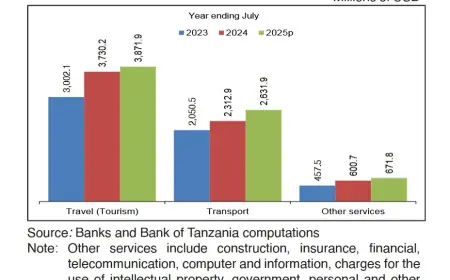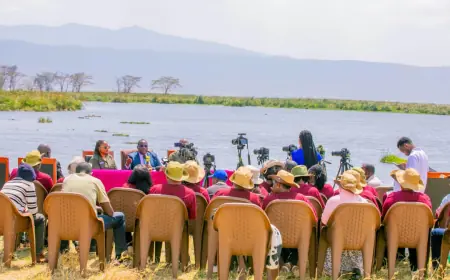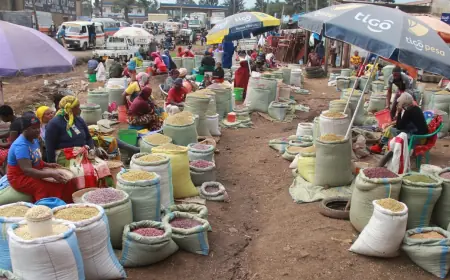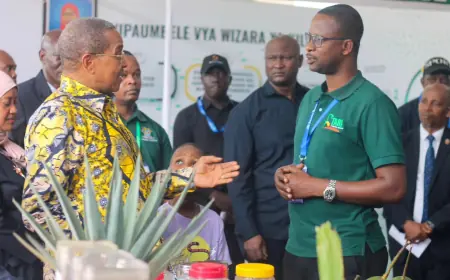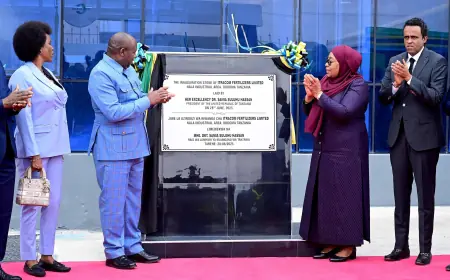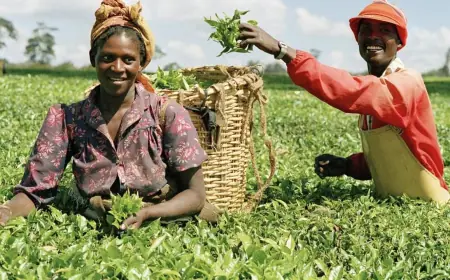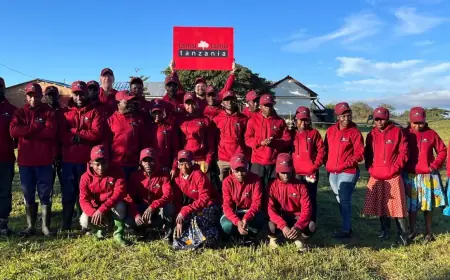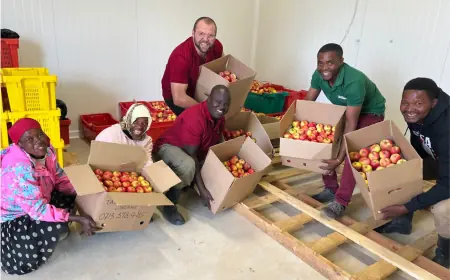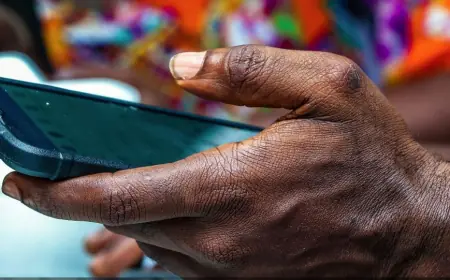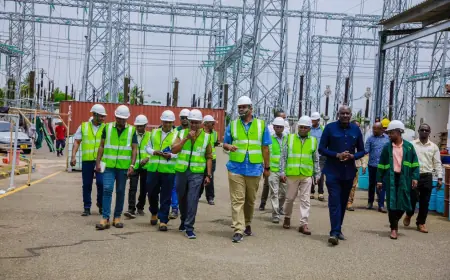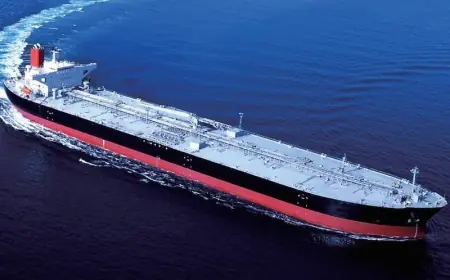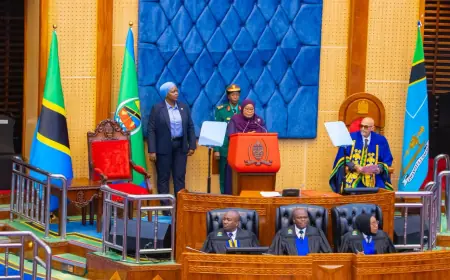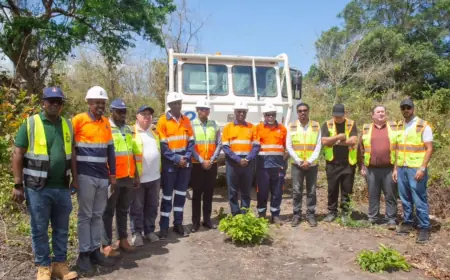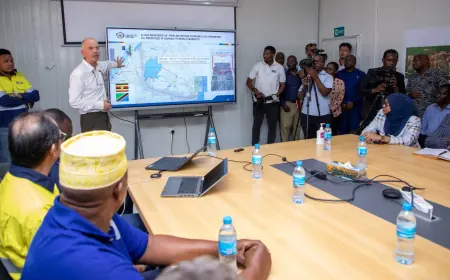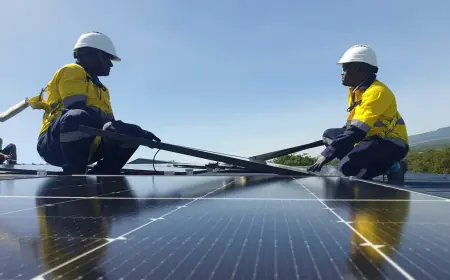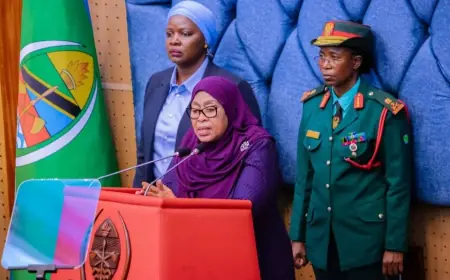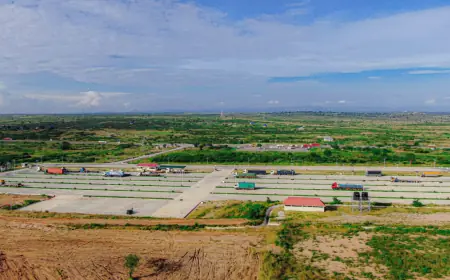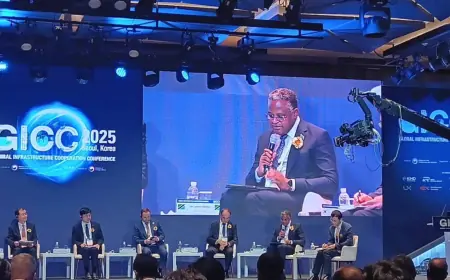Are Tanzania’s expanding mineral markets a new chance for inclusion?
The government’s expansion of formal mineral markets and buying centres has redefined how minerals are traded, priced, and taxed in Tanzania
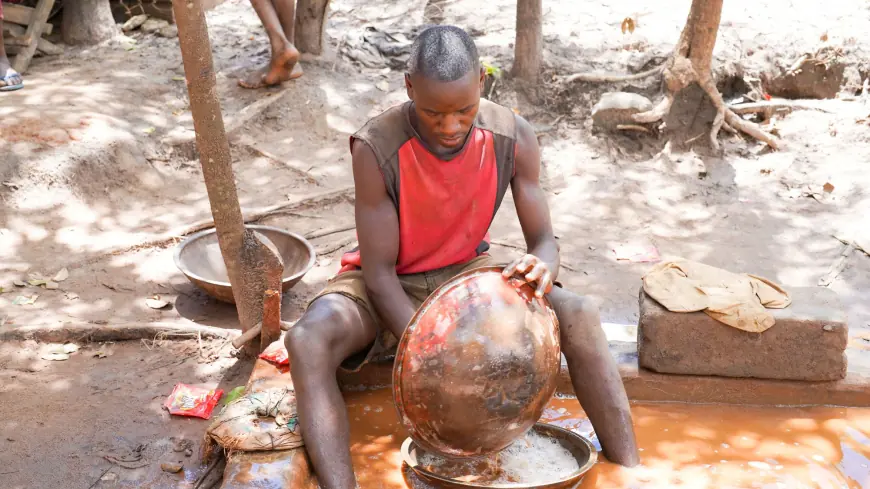
Geita. The clang of hammers and the hum of machinery now echo through a more organised and transparent mineral economy in Tanzania, a country whose subsoil wealth has long shaped its economic destiny.
From the gold-laden hills of Geita to the gemstone veins of Mererani, a quiet revolution is unfolding: one that is replacing the shadows of informal trade with the structure of modern mineral markets.
It is a revolution driven by deliberate policy.
The government’s expansion of formal mineral markets and buying centres has redefined how minerals are traded, priced, and taxed, ushering in a new era of opportunity for thousands of Tanzanians.
The Deputy Prime Minister and Minister for Energy, Dr Doto Biteko, announced during the closing ceremony of the 8th Mining Technology Exhibition in Geita on September 28 that the number of mineral markets across Tanzania has now reached 43, while one hundred and nine buying centres are in full operation.
These figures reflect a deep-seated determination to reclaim control of a sector once clouded by informality and illicit trade.
“The goal is to ensure that the wealth of our land benefits our people,” Dr Biteko said as the week-long exhibition drew to a close at the Dr Samia Suluhu Hassan grounds in Bombambili.
The event, which ran from September 18 to 28, drew over nine hundred participants, including investors, technology providers, miners, and policymakers, each representing a vital link in the nation’s mineral value chain.
From Informality to Formal Prosperity
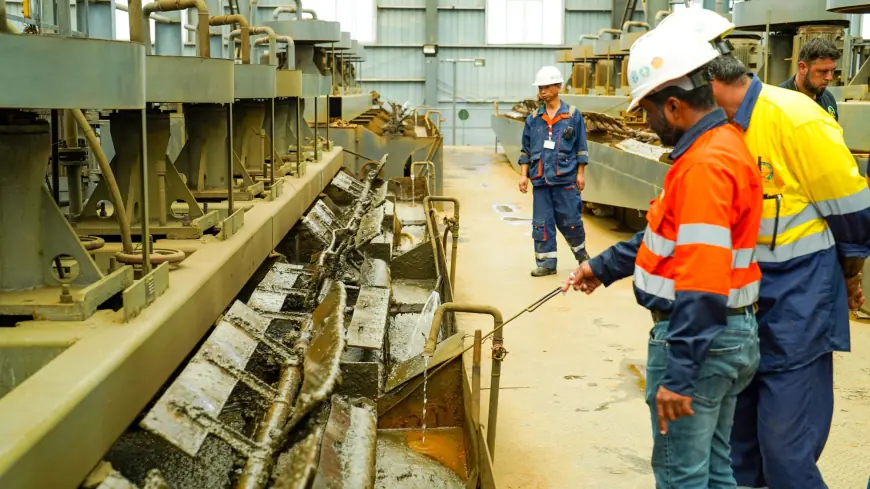
Few sectors illustrate Tanzania’s economic transformation as vividly as mining.
Rich in gold, diamonds, tanzanite, nickel, graphite, and industrial minerals, the country ranks among Africa’s foremost mining destinations.
Yet for decades, much of this bounty slipped through the cracks of informality.
Smuggling rings thrived, small-scale miners sold their finds in unregulated markets, and the government lost billions in uncollected revenue.
Recognising the urgency of reform, the state launched an ambitious initiative to formalise the mineral trade, beginning with the creation of supervised mineral markets and buying centres in key mining regions.
These facilities now serve as transparent trading platforms where miners can sell directly to licensed dealers under government oversight.
The system has since curbed illegal exports, increased government revenue through traceable taxation and royalty collection, and empowered small-scale miners with fairer prices and protection from exploitative middlemen.
In Geita alone, the beating heart of Tanzania’s gold production, small-scale miners have produced 22,014.61 kilogrammes of gold valued at Sh3.443 trillion between the 2021/22 and 2024/25 financial years.
Over the same period, the government collected Sh2.5 billion in revenue from the region, reflecting the growing importance of the formal mining economy to national development.
The Economic Backbone of a Growing Nation
The impact of these reforms extends far beyond regional boundaries.
The contribution of small-scale miners to total mineral revenues has risen sharply from 20 percent in 2020 to 40 percent in 2024, demonstrating how the formalisation drive has elevated the role of local actors within the broader sector.
Likewise, the mining sector’s contribution to Tanzania’s Gross Domestic Product has expanded from 6.8 percent in 2020 to 10 percent in 2024, positioning it among the fastest-growing industries in the national economy.
Mining is no longer a peripheral activity; it is a central pillar of Tanzania’s industrial vision and fiscal stability.
Gold remains the dominant export, yet global demand for strategic minerals such as nickel and graphite, critical to electric vehicle and battery manufacturing, has set the stage for Tanzania to emerge as a major supplier to the global green energy transition.
The government’s drive to expand mineral markets is therefore not only an exercise in administrative reform but a strategic move to link mineral formalisation with national industrialisation.
Each market and buying centre established represents a node in a growing network of trade efficiency, local empowerment, and fiscal transparency.
Local Content and Value Addition
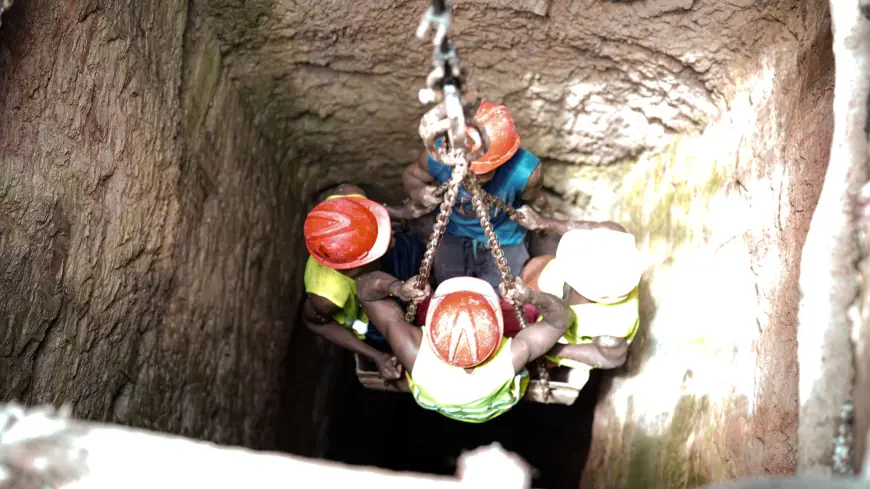
The expansion of mineral infrastructure goes hand in hand with policies aimed at deepening Tanzanian participation across the mining value chain.
For decades, foreign corporations dominated exploration, refining, and export.
Now, the tide is turning. Through local content regulations, mining companies are required to procure goods and services locally, employ Tanzanian professionals, and invest in community development.
These policies are reinforced by capacity-building initiatives designed to train geologists, engineers, and metallurgists, ensuring that Tanzanians not only mine their resources but also manage and process them.
The government has made value addition—through refining and smelting within the country, a central policy objective.
Newly established refineries and processing plants are expected to ensure that Tanzania no longer exports raw minerals alone, but refined products that retain a greater share of value domestically.
Technology, Sustainability, and Modernisation
The 8th Mining Technology Exhibition in Geita epitomised this new direction.
Over its ten-day run, innovators and industry leaders showcased advancements in digital mining, automation, geological mapping, and environmental management.
The event highlighted how technology is reshaping the industry, making operations more efficient, safer, and environmentally responsible.
Modern mining in Tanzania is being redefined as both profitable and sustainable.
Environmental stewardship, community benefit, and occupational safety are no longer optional—they are integral components of the country’s mining framework.
This shift aligns Tanzania with global standards of responsible resource management, positioning it as a credible and competitive mining destination.
What's Your Reaction?
 Like
0
Like
0
 Dislike
0
Dislike
0
 Love
0
Love
0
 Funny
0
Funny
0
 Angry
0
Angry
0
 Sad
0
Sad
0
 Wow
0
Wow
0
